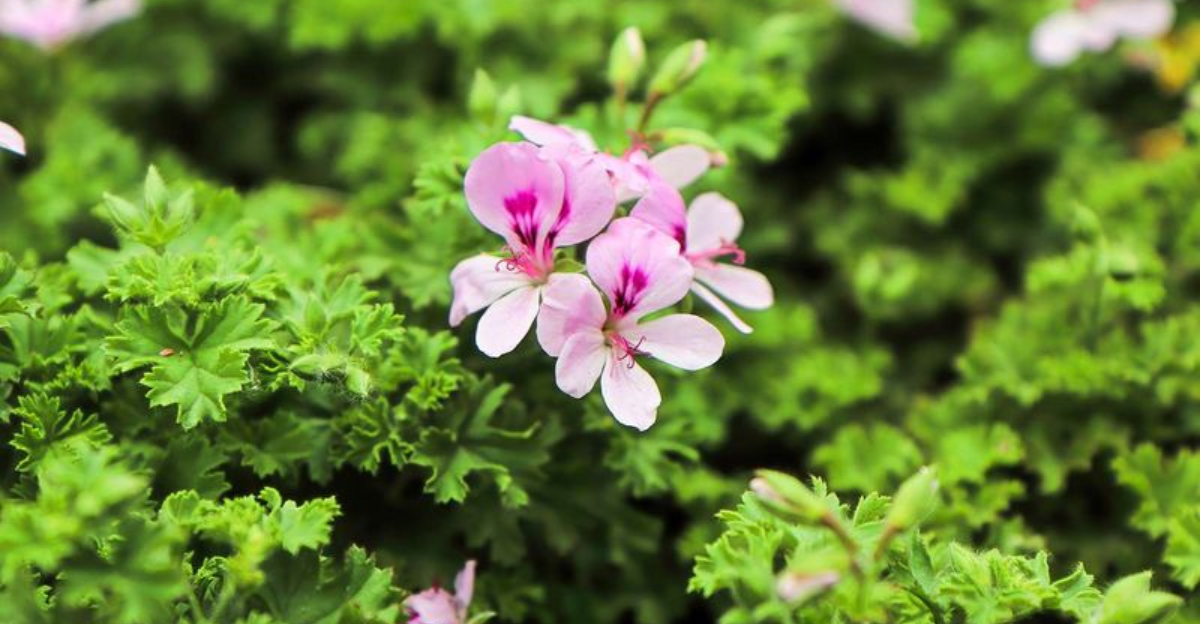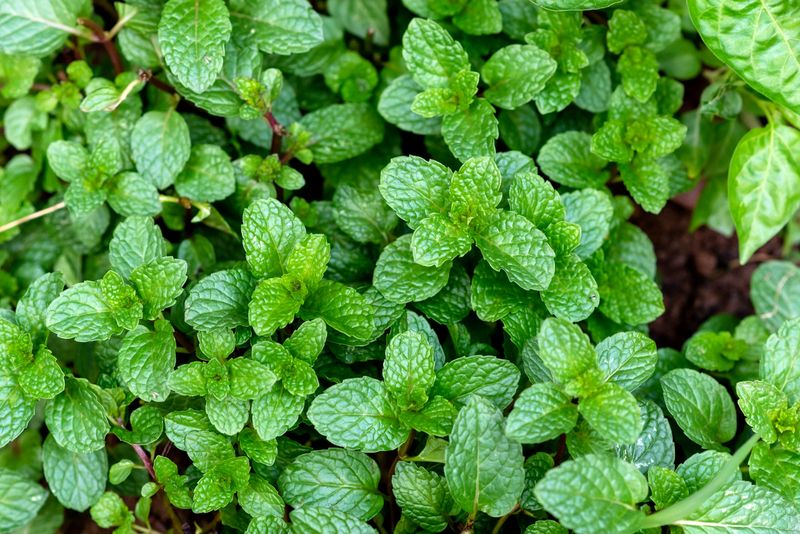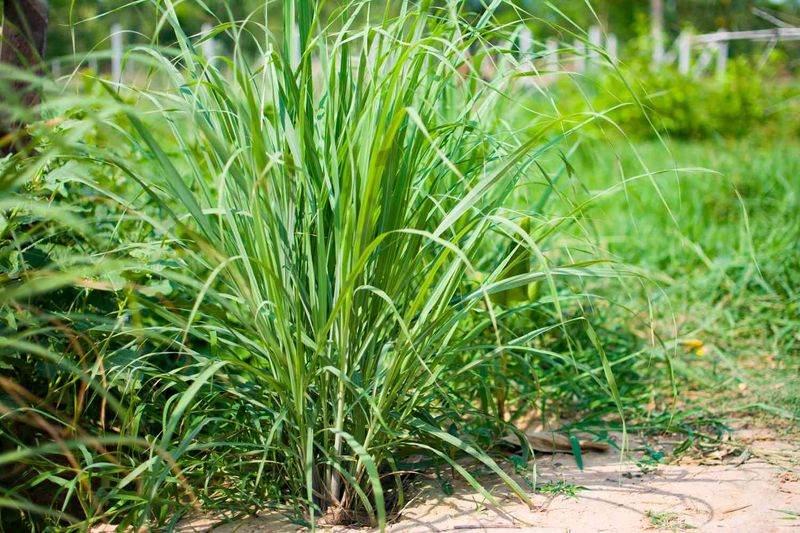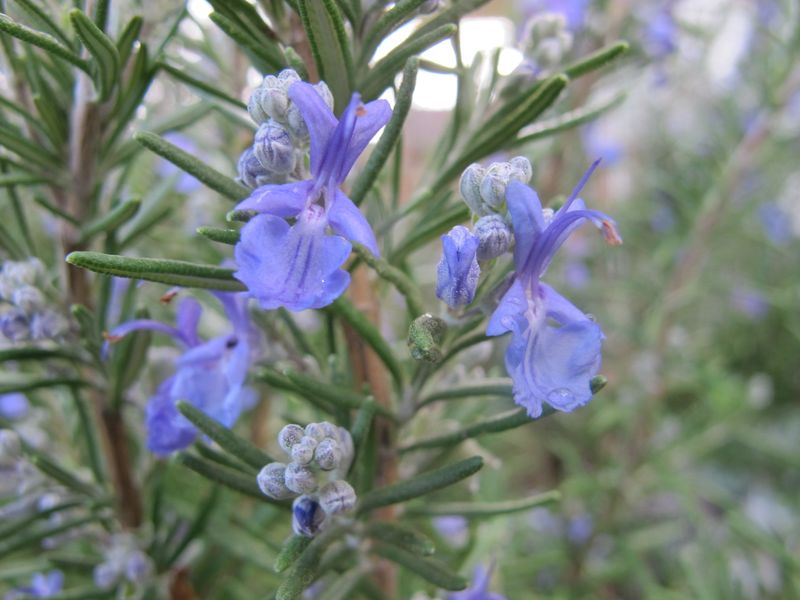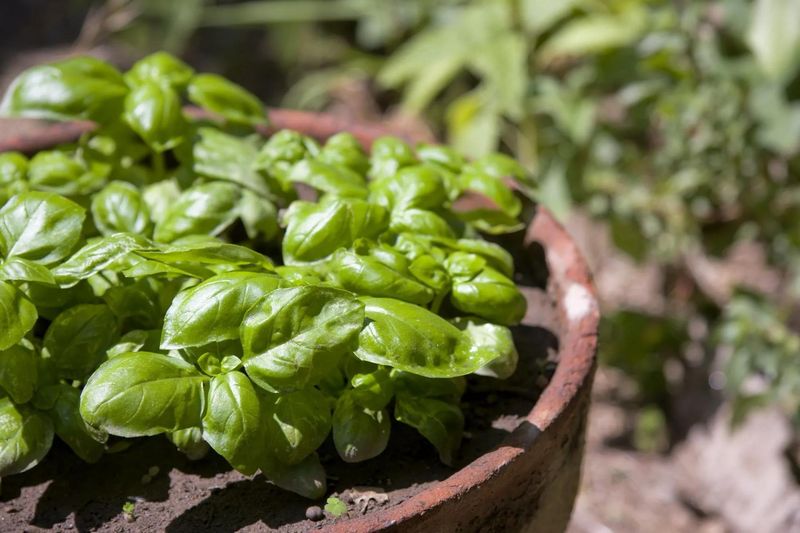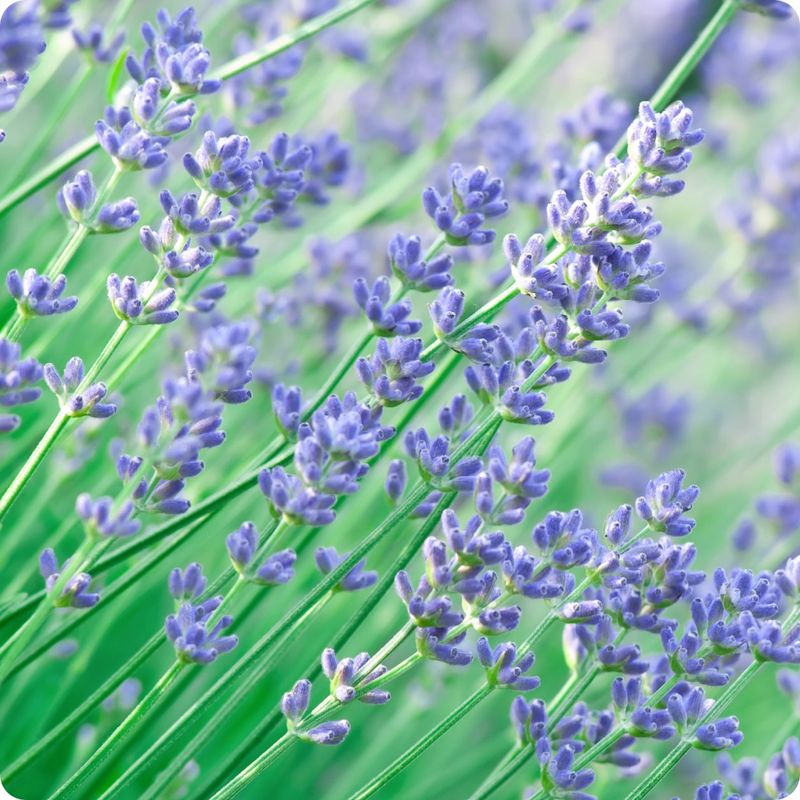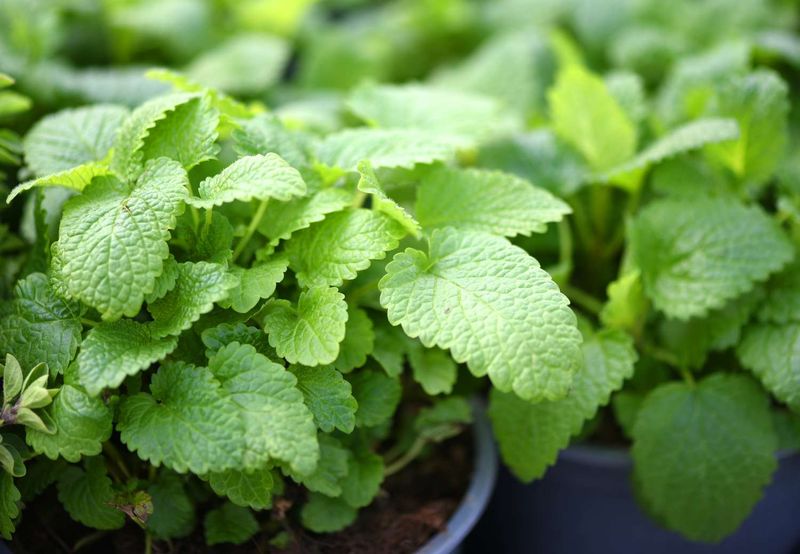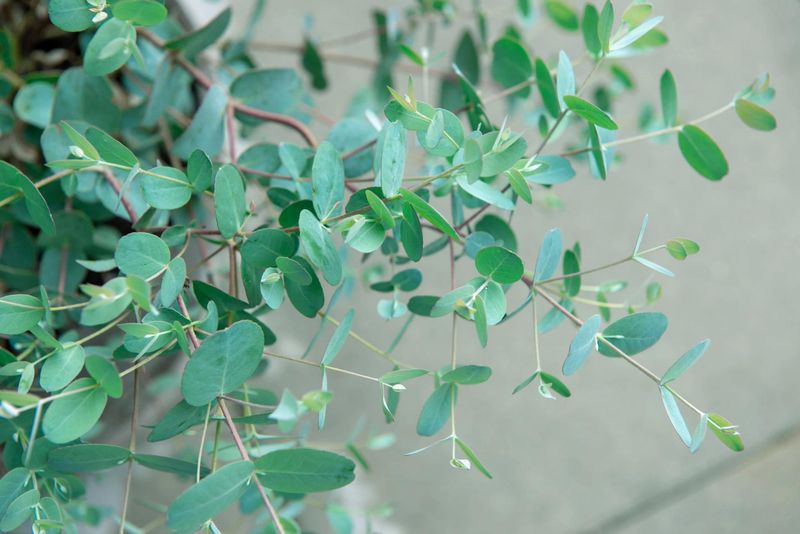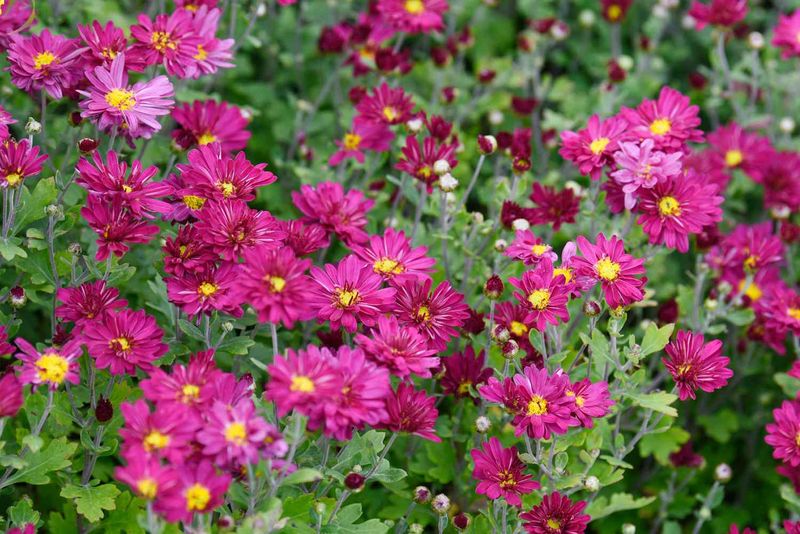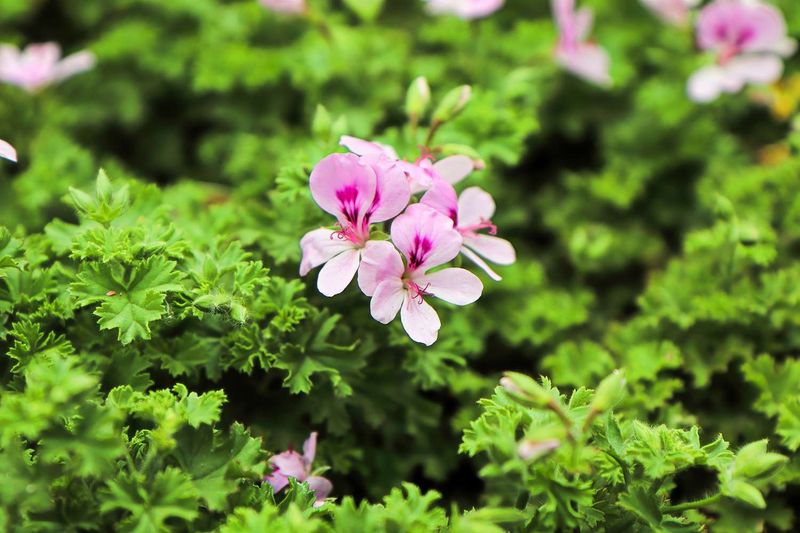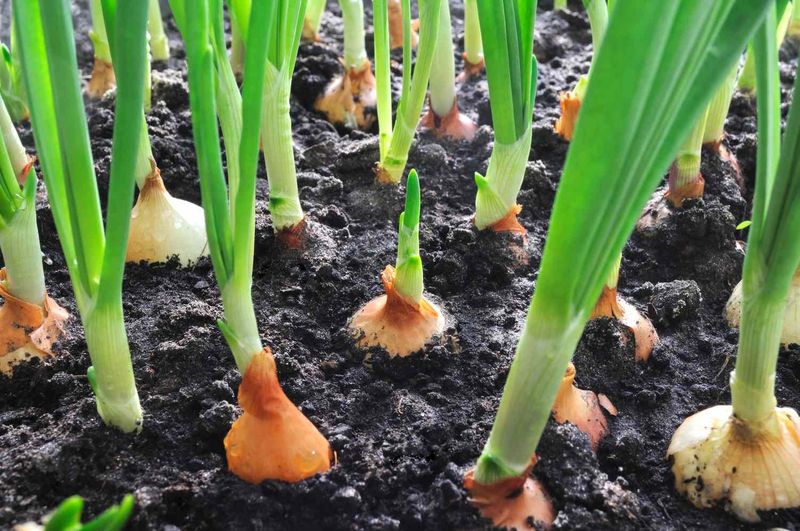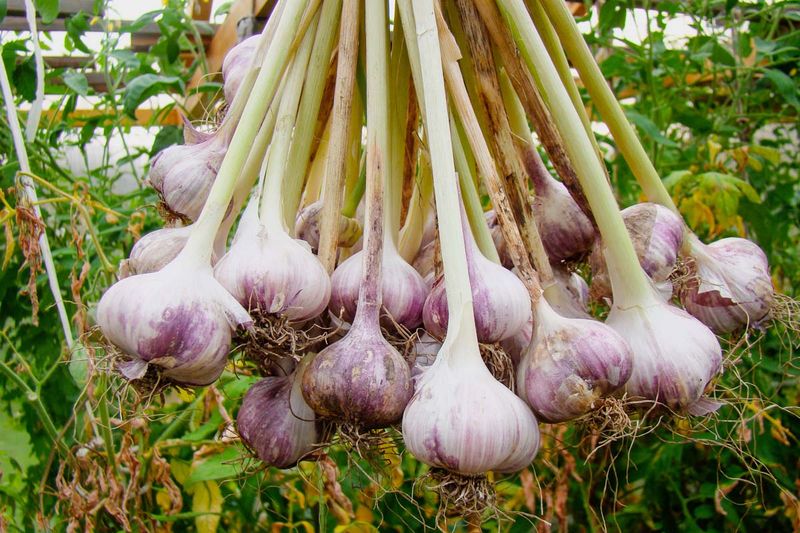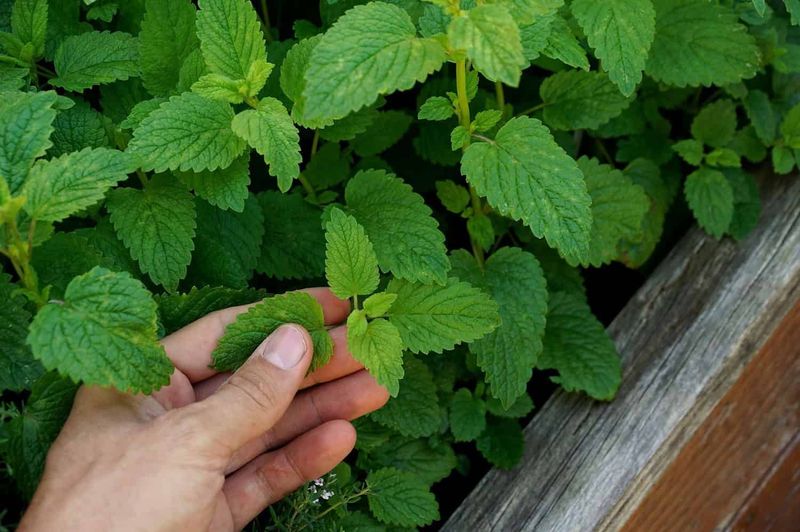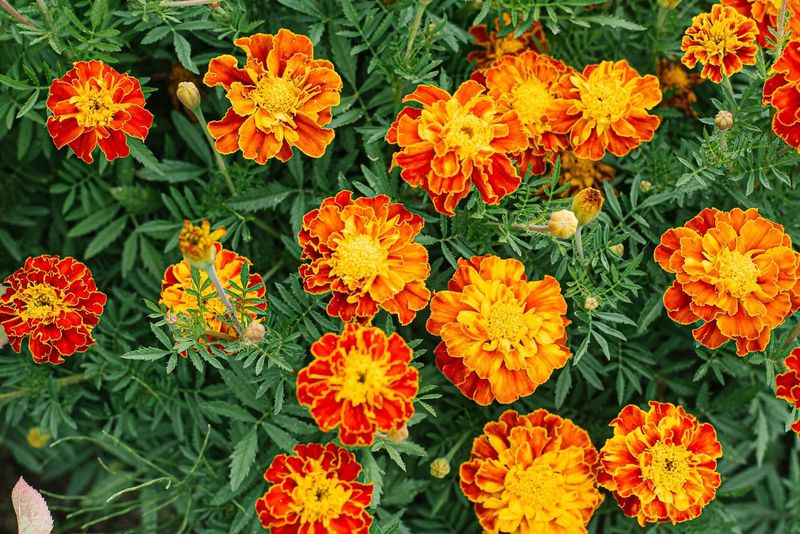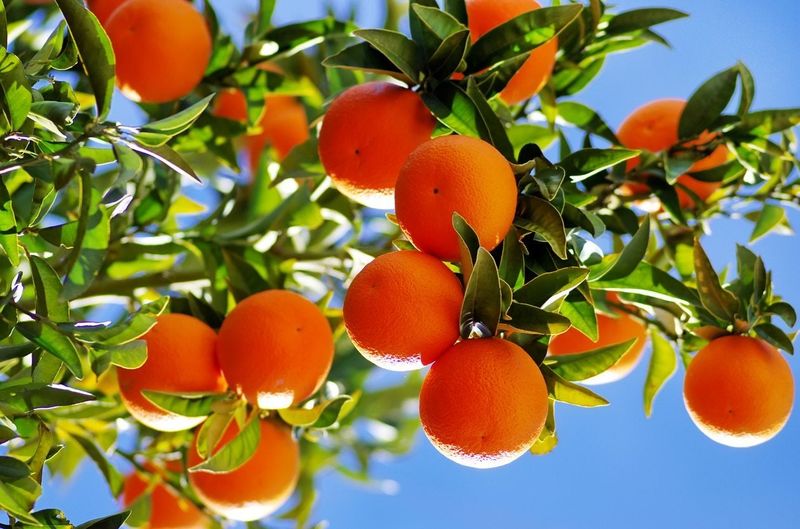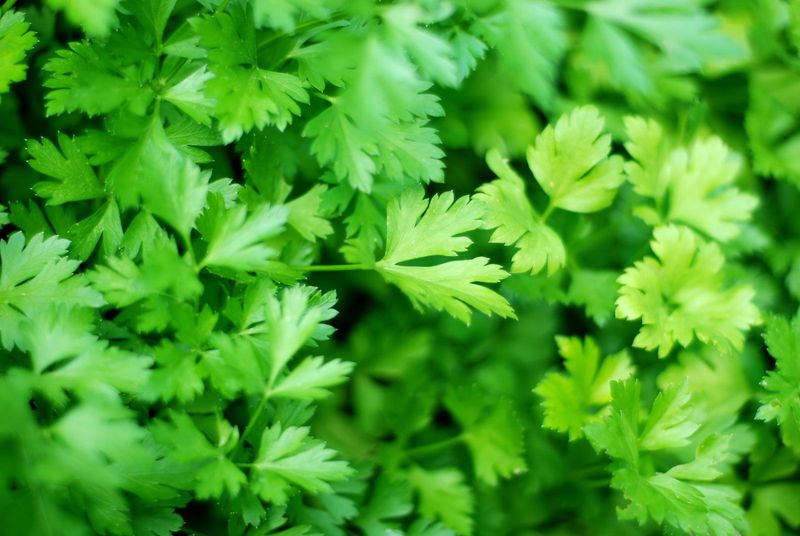Spiders, while beneficial in controlling pests, can be unwelcome guests in our gardens. Fortunately, nature provides us with a variety of plants that naturally deter these eight-legged visitors.
Whether you’re looking for a fragrant addition or a stunning visual appeal, these 15 plants offer both beauty and functionality. Embrace a spider-free garden with these botanical allies.
1. Peppermint
Peppermint’s refreshing aroma is pleasant to humans but overwhelming for spiders, making it an effective natural repellent. Its strong scent can disrupt a spider’s scent trail, deterring them from entering your garden.
To use peppermint, plant it in pots around the perimeter of your garden or near entry points. It also thrives indoors, offering continuous protection.
Additionally, peppermint is a versatile herb that can be used in teas and cooking, providing a delightful minty flavor while keeping spiders away.
2. Lemongrass
Lemongrass contains citronella, a compound widely used in insect repellents. Its lemony scent is not only refreshing but also effective in deterring spiders. Plant lemongrass in warm, sunny locations with good drainage.
This plant not only repels spiders but also mosquitoes, making it a dual-purpose addition to your garden.
Using lemongrass in your landscape design not only provides a natural barrier against unwanted pests but also adds a tropical feel with its tall, graceful stalks.
3. Rosemary
Rosemary’s pungent aroma is unpleasant to spiders but delightful for culinary uses. Plant it near garden borders or pathways to create a fragrant barrier against spiders.
It thrives in sunny locations with well-drained soil, offering year-round protection. Rosemary is drought-resistant, making it an ideal choice for low-maintenance gardens.
Not only does it serve as a repellent, but its evergreen leaves can be harvested for cooking, adding flavor to your dishes.
4. Basil
Basil’s strong scent is disliked by spiders, making it a handy plant for keeping them away. It’s best planted in sunny, well-drained areas where it can flourish.
Basil is not only a spider deterrent but also a wonderful culinary herb, enhancing flavors in a variety of dishes.
Place basil pots around your garden or indoors near windows for continuous protection. Regular pruning encourages bushy growth, ensuring a steady supply of this aromatic herb.
5. Lavender
Lavender is renowned for its calming fragrance, but it also serves as an excellent spider deterrent. The strong scent masks the trails that spiders use to navigate, keeping them at bay.
Plant lavender in sunny spots with well-drained soil to maximize its growth. Not only will it repel spiders, but it will also attract pollinators like bees and butterflies to your garden, enhancing biodiversity.
Lavender’s beautiful purple blooms add a splash of color, making it a dual-purpose plant for both aesthetics and practicality.
6. Mint
Mint is a highly aromatic herb that spiders find offensive, effectively keeping them at a distance. Plant mint in containers to prevent it from becoming invasive in your garden.
Its refreshing scent can be utilized by crushing leaves and placing them around spider-prone areas. Mint is versatile and can be used in beverages and desserts, providing both utility and culinary delights.
Beyond its spider-repelling qualities, mint adds a pleasant aroma and lush green texture to any space.
7. Eucalyptus
Eucalyptus emits a strong, medicinal scent that spiders find intolerable, making it an effective natural repellent. Plant eucalyptus trees in larger gardens where they can grow without restriction.
For smaller areas, consider using eucalyptus essential oils or dried leaves as a deterrent. This plant also has therapeutic properties that can be used in aromatherapy.
Eucalyptus adds a unique aesthetic appeal with its silver-blue foliage, creating a serene, calming garden environment.
8. Chrysanthemums
Chrysanthemums contain pyrethrum, a natural substance that repels spiders and other insects. These colorful blooms are not only pretty but also practical in pest management.
Plant chrysanthemums in well-drained soil with plenty of sunlight to thrive. Their bright flowers come in various shades, adding a splash of color to your garden.
As an added benefit, they can be used in bouquets and floral arrangements, bringing beauty indoors while keeping spiders outdoors.
9. Citronella
Citronella is famous for its mosquito-repelling properties, but it also keeps spiders away thanks to its distinctive lemon scent. Plant it in containers or garden beds to create a fragrant barrier.
This plant thrives in warm climates and requires regular sunlight. Citronella is perfect for patios and balconies, where you can enjoy its refreshing smell.
In addition to being a natural spider deterrent, citronella can be used in making essential oils and DIY sprays, enhancing its utility.
10. Onions
The strong odor of onions is unpleasant to spiders, making them a practical addition to your garden. Plant onions alongside other vegetables to create a natural pest barrier.
Onions are easy to grow and require minimal maintenance, thriving in various soil types. Their pungent scent deters not only spiders but also other garden pests.
Beyond their repellent properties, onions are a staple kitchen ingredient, offering culinary benefits while protecting your garden.
11. Garlic
Garlic is known for its strong odor, which is effective in repelling spiders. Plant it around your garden to create a natural protective shield.
Garlic is resilient and thrives in different climates, making it an adaptable choice for many gardeners. Its potent scent can prevent not only spiders but also other pests from invading your space.
Additionally, garlic is a versatile cooking ingredient, adding flavor to meals while ensuring your garden remains spider-free.
12. Lemon Balm
Lemon balm emits a fresh citrus scent that spiders find unappealing, making it an effective natural repellent. Plant it in containers or garden beds to establish a fragrant barrier.
This herb prefers sunny locations and moist soil, and it’s known for its rapid growth. Lemon balm is not only a spider deterrent but also popular in teas and aromatherapy.
The lush green leaves provide aesthetic appeal, making it both a functional and decorative addition to your garden.
13. Marigolds
Marigolds are vibrant flowers that contain pyrethrum, a natural insecticide that repels spiders and other pests. Plant them around garden borders to protect your space.
These flowers thrive in sunny areas with well-drained soil, offering a burst of color throughout the growing season. Marigolds are easy to grow and care for, making them ideal for gardeners of all levels.
Beyond their beauty, they play a crucial role in integrated pest management, keeping your garden pest-free.
14. Citrus Trees
Citrus trees, like lemon and orange, emit a fresh scent that spiders dislike, making them a natural deterrent. Plant these trees in sunny areas with well-drained soil.
Their fragrant blossoms and fruits not only repel spiders but also attract pollinators, supporting garden biodiversity. Citrus trees can be grown in pots or directly in the ground, depending on your climate.
Beyond their repellent properties, their fruits offer culinary delights, enhancing your garden’s productivity.
15. Parsley
Parsley is more than just a garnish; its scent can deter spiders, making it a useful plant in your garden. Grow parsley in well-drained soil, either in pots or garden beds.
Its bright green leaves are rich in vitamins and can be harvested for culinary uses, providing dual benefits. Parsley thrives in partial to full sunlight, requiring regular watering to maintain its lushness.
Not only does it keep spiders away, but it also enhances the visual appeal of your garden with its vibrant greenery.
